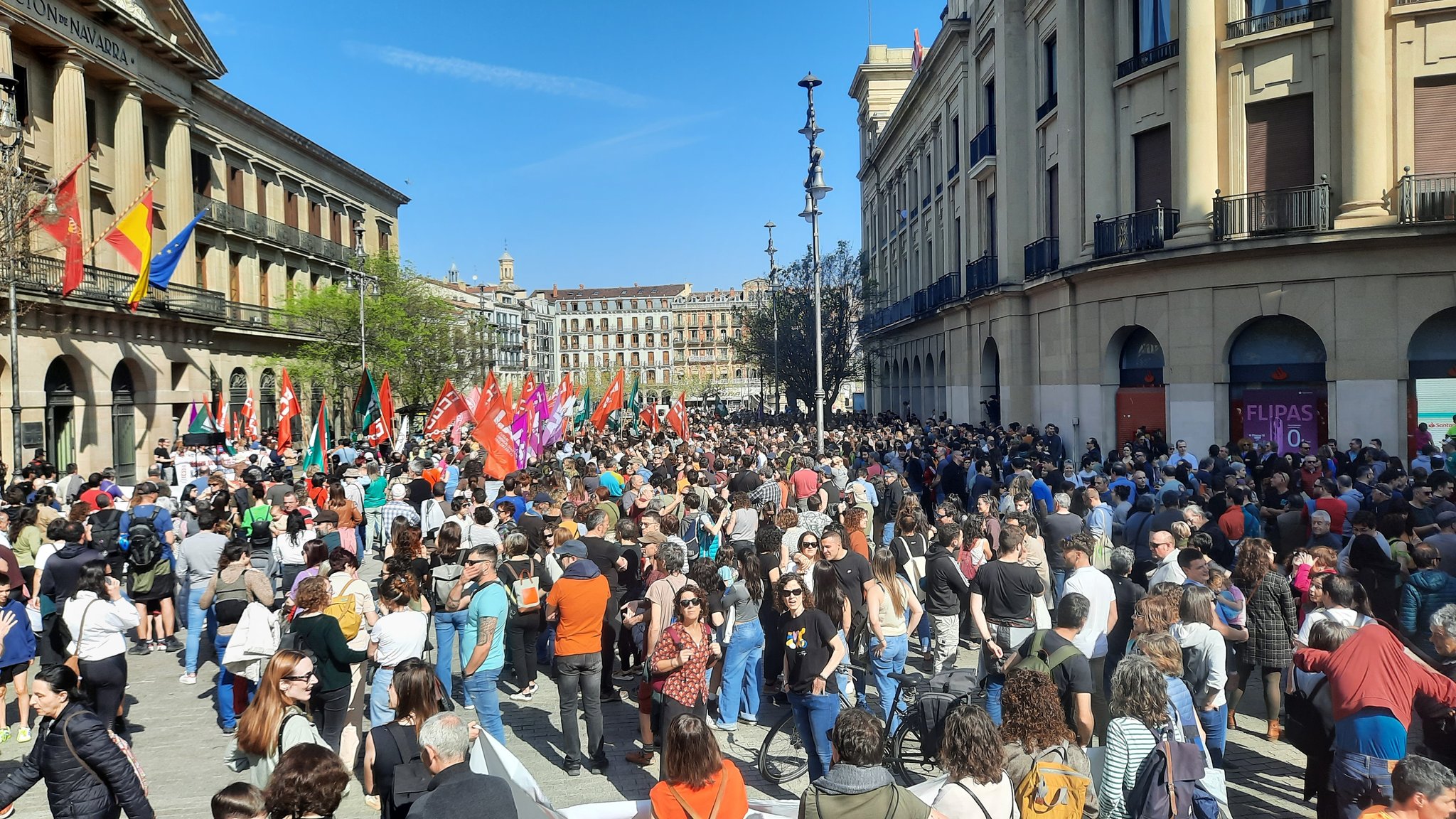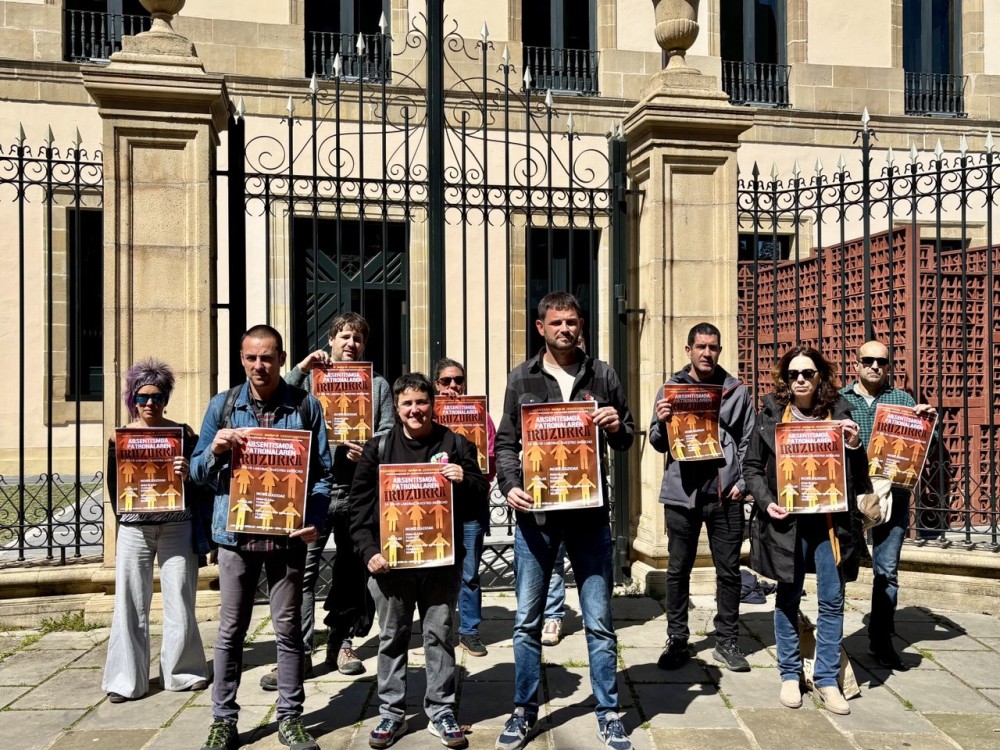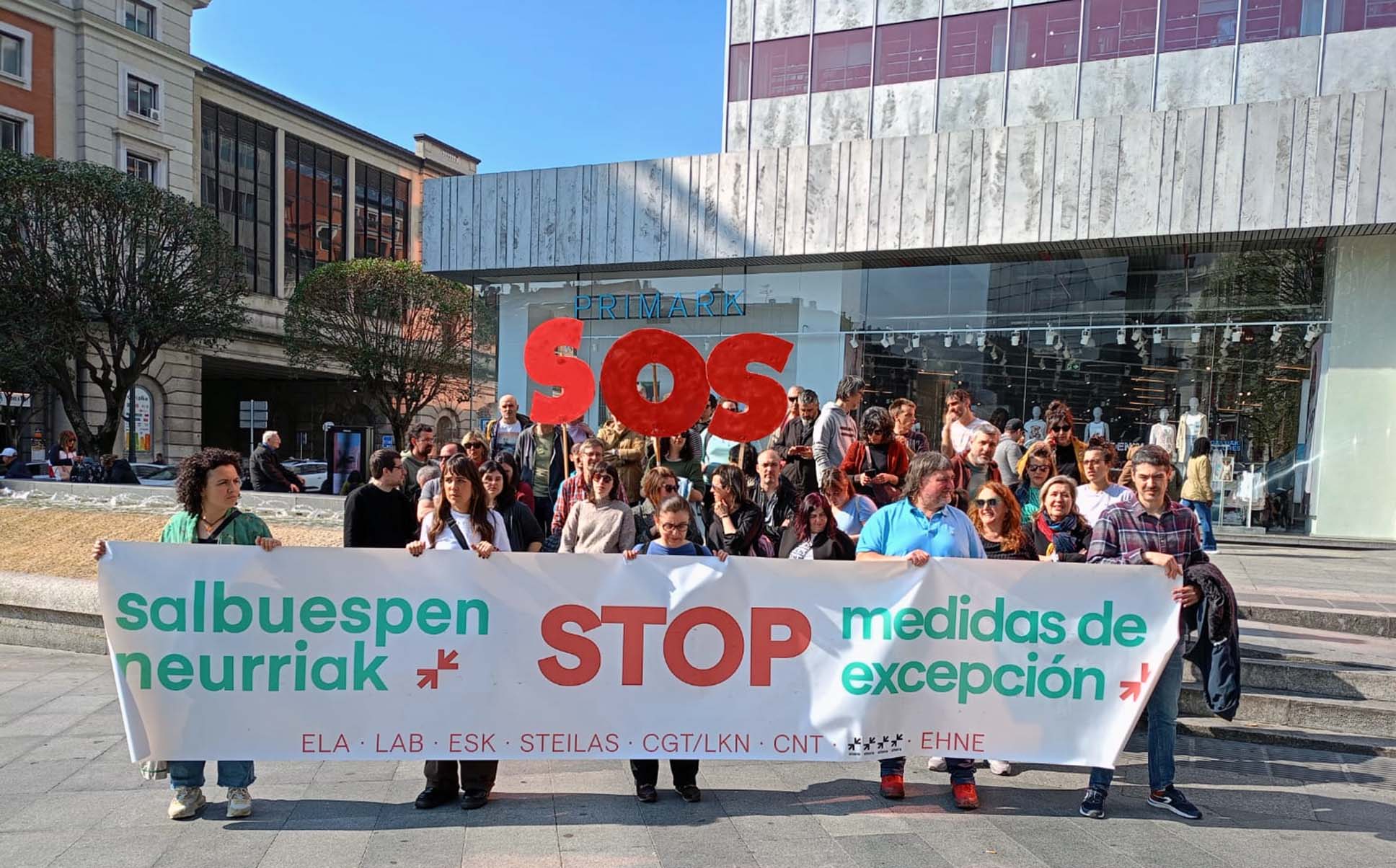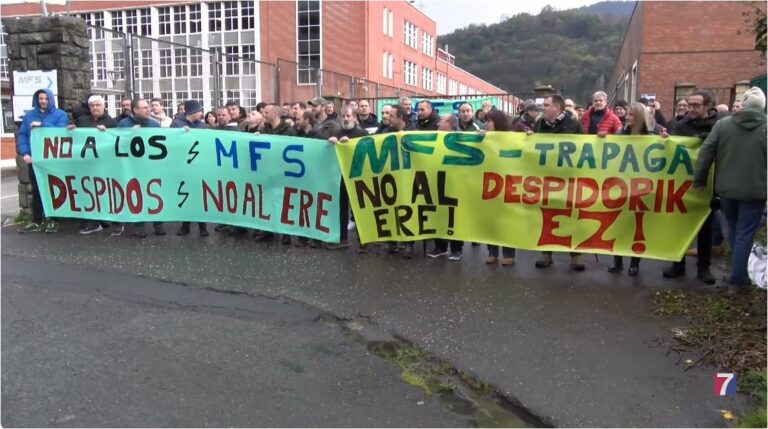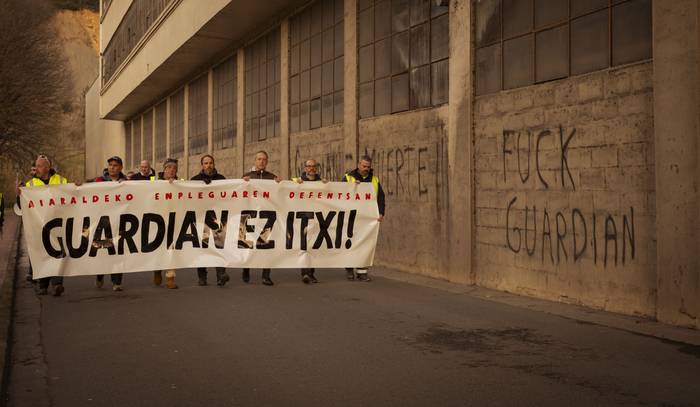We are not at ease in unemployment or at work.
- Working less for more people and living better. Utopia has become a realistic scenario. The most daring think tanks are already beginning to represent the job that comes.

Yes, we knew: work is in crisis. Since 1990 Jeremy Rifkin warned us in the classic The end of work, the worst predictions are being met. But we are now seeing this: work – in particular, paid ‘employment’ – will end in the fourth Industrial Revolution, thanks to digital automation and artificial intelligence that drive robotisation forward as a golem that destroys the social and labor structure.
Messengers are coming for the moment: structural unemployment, waste work, labour reforms, emigration... In short, precariousness as a system. In this critical situation, several proposals are being strengthened, such as universal basic income and the distribution of employment, as is the case of the Foral Law on the Distribution of Employment in Public Administrations proposed by the Bangkok Group and pioneer in Navarre.
“Working less to work more people and live better”, utopia has become a realistic scenario if, paradoxically, capitalism wants to survive without unsustainable conflicts. As Jacques Ellul, trapped in the “ideology of holy work” that capitalism and Marxism share with the blessing of Christianity, has denounced, we have not yet found the dignity of the post-worker, the figure of the “active unemployed” who will be the future protagonist representing the Jünger Worker.
Hyper-unemployment
The most daring think tanks have already started thinking about formulas to avoid the next hyper-unemployment: exploiting care, commodification of big data, taxes on robots… According to a new report by the Organisation for Economic Cooperation and Development (OECD), Spain, Austria and Germany are the European countries with the highest risk of robotisation (12%, when the average is 9%), some for a high degree of industrialisation. According to the 2013 The Future of Employment report, the position with the least chance of automation is that of Recreational Therapist, which is not too reassuring.
The problem is that, while the paradigm is changing, the conditions of those in precariousness are getting substantially worse, and it doesn't seem that the major unions are able to reset themselves. Consequently, initiatives are emerging that will participate in future labor conflicts, especially in the youth sector, such as the Network of Self-Defense Workers of the Region of Pamplona.
The Jussieu Unemployed Assembly warned us: “The best way to end unemployment is to abolish work.” It looks like a situationist boutade that takes the opportunity, but it is better that we treat it as post-work. Paul Lafargue, Marx’s son-in-law rebel and precursor of the right to laziness, would understand it very well, perhaps soon, Bartebly, because we will say what Melville’s character said: I would rather not work… and contribute to society enjoying, rebelling and living.
This article was published by Hordago - El Salto and we brought it to the Basque Country thanks to the Creative Commons license.
Public education teachers have the need and the right to update and improve the work agreement that has not been renewed in fifteen years. For this, we should be immersed in a real negotiation, but the reality is deplorable. In a negotiation, the agreement of all parties must be... [+]
Economists love the charts that represent the behaviors of the markets, which are curves. I was struck by the analogy of author Cory Doctorow in the article “The future of Amazon coders is the present of Amazon warehouse workers” on the Pluralistic website. He researches the... [+]
Londres, 1944. Dorothy izeneko emakume bati argazkiak atera zizkioten Waterloo zubian soldatze lanak egiten ari zela. Dorothyri buruz izena beste daturik ez daukagu, baina duela hamar urte arte hori ere ez genekien. Argazki sorta 2015ean topatu zuen Christine Wall... [+]














